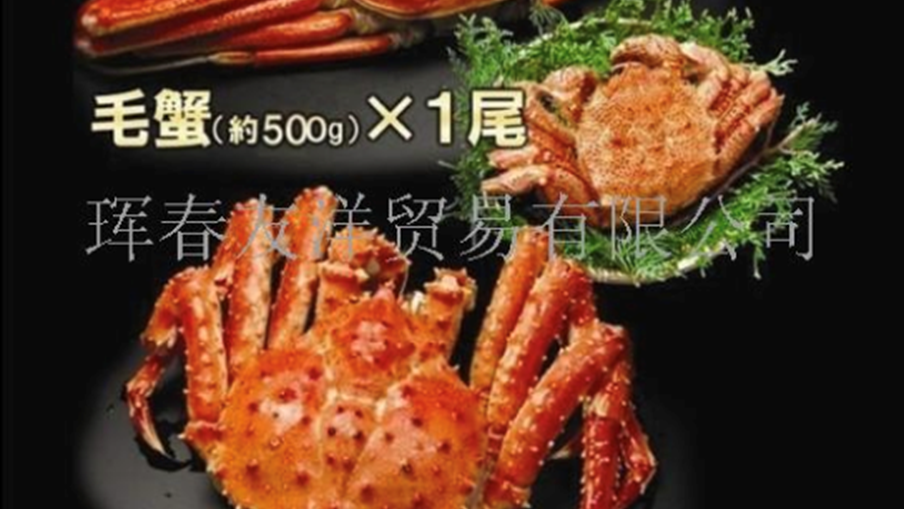Ginseng, beer, and “miracle drugs,” all made in North Korea, are among the embargoed country’s goods that are marketed by Chinese and Russian companies and for sale on e-commerce platforms.
Strapped for cash, North Korea has relied on a myriad of schemes to raise revenues for its nefarious activities. Broad U.N. sanctions on the export of North Korean goods aim to squeeze the leadership in Pyongyang, but banned products from the isolated country continue to reach foreign markets.
The U.S. acknowledged as much in a June 2018 advisory that highlighted supply-chain risks of North Korean goods. In late January 2019, the US Department of the Treasury fined U.S.-based e.l.f Cosmetics $1 million for failing to discover that approximately 80 percent of the false eyelashes imported over a period of five years contained North Korean materials.
In recent years, U.S. e-commerce giants have faced scrutiny for selling North Korea-related goods.
Industry continues to face challenges managing sanctions risk involving actors who do not appear on a sanctions list. Many of the North Korea-related goods appearing on e-commerce platforms are marketed by firms not tied directly to North Korea, which complicates efforts by e-commerce firms to identify and track sanctions-related commercial activities.
